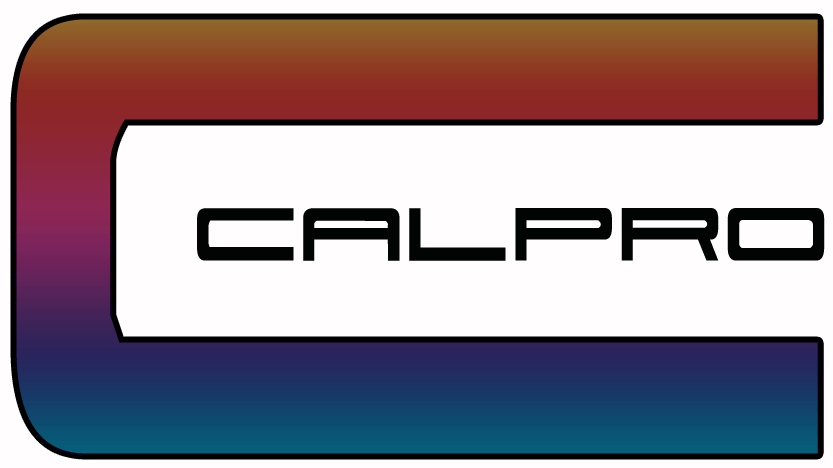California Adult Literacy Professional Development Project (CALPRO)
 In providing professional development opportunities for adult educators, the goal of the California Adult Literacy Professional Development Project (CALPRO) is to enhance student learning gains and to help adult learners meet their goals as productive workers, family and community members, and lifelong learners.
In providing professional development opportunities for adult educators, the goal of the California Adult Literacy Professional Development Project (CALPRO) is to enhance student learning gains and to help adult learners meet their goals as productive workers, family and community members, and lifelong learners.
Beginning in 2001, the California Department of Education contracted with AIR to ensure that California met federal and state expectations for quality instruction. Since then, through CALPRO, AIR has been responsible for providing a comprehensive system of research-based professional development for California’s adult literacy providers, including both instructors and administrators. Specific actions include
- the planning and provision of high quality professional development in collaboration with CDE, other state leadership projects, and local service providers;
- the encouragement and support for the development of Communities of Practice and Professional Learning Communities; and
- enhancement of the quality of instruction and services delivered to adult learners, ultimately resulting in student learning gains.
As a result of AIR’s work, adult education programs in California have access to quality, research-based information and tools to guide them in improving program quality. While many CALPRO services are open only to eligible CALPRO adult educators, several web-based resources are available to all adult education practitioners. Listed below, these resources include several published research briefs on various topics of interest to adult educators as well as many multimedia resources featured in CALPRO’s Online Video Library.
CALPRO Resources
Online Video Library
The extensive video library features numerous archived sessions from five series webinars on a wide variety of topics. The webinar series include: Administrators Forum; Instructors Forum; Adult Education Research Webinar series; electronic Community of Practice-sponsored webinar series, and WASC and Quality Indicators webinars. Additionally, the Video Library features a Best Practices in Action section with classroom instruction video demonstrations as well as interviews with practitioners.
Evidence-Based Reading Instruction for ABE Learners
This page features seven videos on best practices in evidence-based reading instruction (EBRI) for Adult Basic Education learners. EBRI is an approach to teaching reading and provides teachers with the tools to deliver effective instruction. It is not a curriculum or a set of materials. Evidence–based practices use research–based data as well as results identified through a consensus among expert practitioners who monitor outcomes. While reading is the most basic of skills, teaching reading is a complex process that is often misunderstood. EBRI lays out effective evidence–based assessment and instructional practices. Practices include assessments in each of the four components of reading; lessons based on those assessments; direct, explicit instruction; effective instructional strategies and techniques; and regular monitoring of student progress.
Integrated Education and Training
This page features a series of 10 interviews with practitioners of Integrated Education and Training programs in California. The interviews feature a variety of administrators, instructors, program coordinators and other personnel, who address frequently asked questions about the models used to implement their IET programs.
Mentoring for Adult Education Instruction
This page features four interactive, self–paced presentations on mentoring, by subject matter expert Dr. Maricel Santos, as well as additional related resources. The presentations are designed to be viewed individually or with colleagues, and they can be viewed in any order. The average viewing time for each presentation is 30 minutes, and up to an additional 35—45 minutes for reflection and discussion.
CALPRO Publications and Reports
Browse select AIR publications, below, or explore the full CALPRO research archive.

